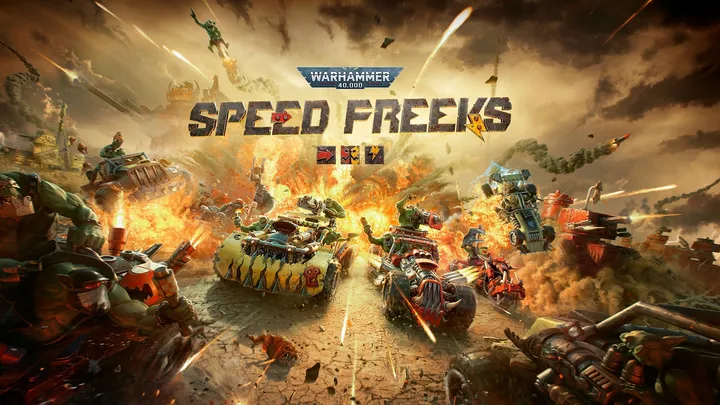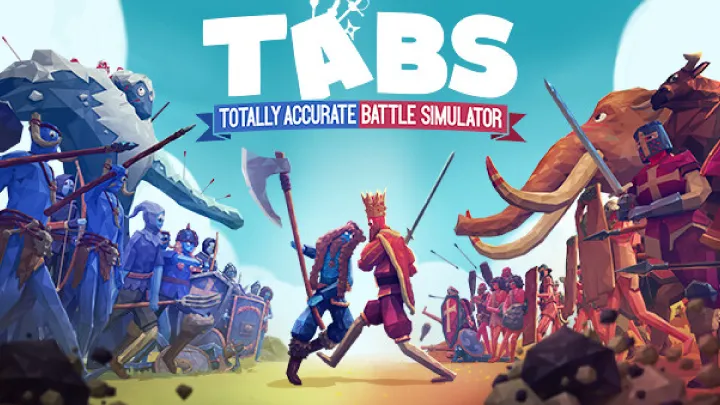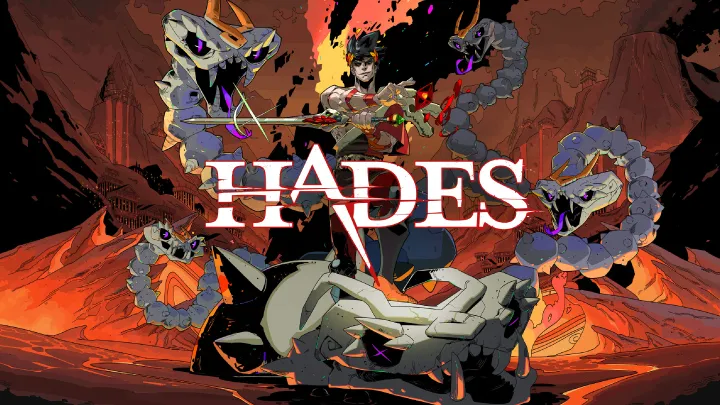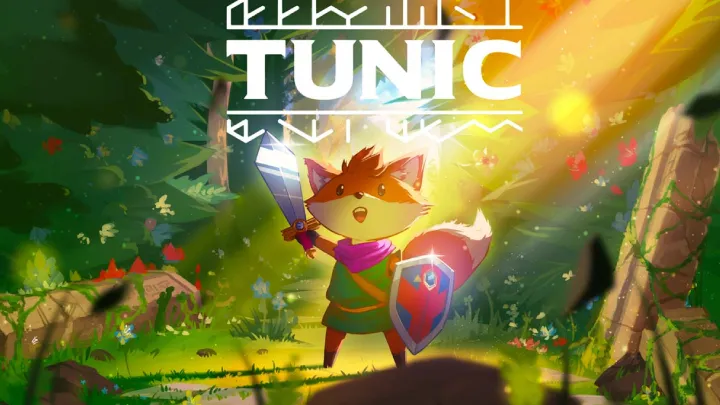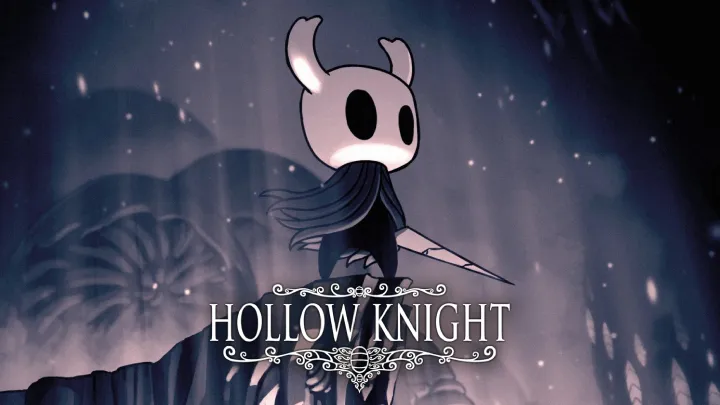Introduction
When it comes to shaping modern gaming as we know it today, American developers have played a massive role. From creating open-world experiences that redefine freedom to competitive shooters that dominate esports, the U.S. gaming industry has consistently pushed boundaries. Companies like Rockstar Games, id Software, and Valve didn’t just make popular titles—they created cultural phenomena that influenced generations of players.
In this article, we’ll explore the top American games that defined modern gaming, highlighting their innovations, legacies, and why they remain essential for any gamer.
1. Doom (id Software, 1993) – The Birth of the FPS
Before Call of Duty or Halo, there was Doom. Developed by id Software, this fast-paced shooter not only popularized the first-person shooter (FPS) genre but also helped establish PC gaming as a mainstream platform. Its modding community further pushed gaming culture into new territory.
Why it’s iconic:
- Set the foundation for FPS games.
- Introduced modding culture.
- Still celebrated with modern reboots.
2. Half-Life (Valve, 1998) – Storytelling in First-Person
Half-Life transformed how games tell stories. Instead of cutscenes, the narrative unfolded while players remained in control, creating immersion never seen before. Valve’s masterpiece also gave birth to Counter-Strike, one of the most important competitive games in history.
Why it’s iconic:
- Revolutionized storytelling in FPS games.
- Paved the way for mods like Counter-Strike.
- Inspired countless narrative-driven shooters.
3. Grand Theft Auto V (Rockstar Games, 2013) – The Open-World Benchmark
Few games have had the cultural and financial impact of Grand Theft Auto V. Its sprawling open world, satirical storytelling, and GTA Online mode turned it into one of the best-selling and most profitable games of all time. Rockstar’s achievement redefined expectations for open-world design.
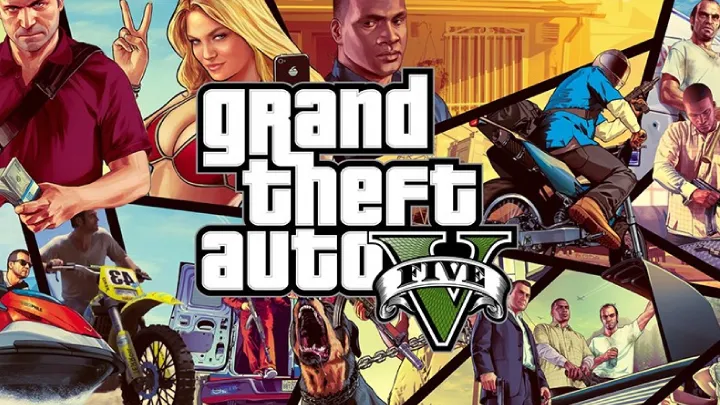
Why it’s iconic:
- Massive open world with unparalleled detail.
- GTA Online continues to thrive a decade later.
- One of the most profitable entertainment products ever.
4. The Elder Scrolls V: Skyrim (Bethesda, 2011) – RPG Freedom
Skyrim became a household name thanks to its unprecedented freedom. Players could follow the main quest, slay dragons, or simply spend hours picking flowers and crafting potions. Its modding scene ensured endless replayability, cementing it as one of the greatest RPGs ever made.
Why it’s iconic:
- Immense player freedom and choice.
- Spawned one of the most active modding communities.
- A cultural phenomenon with quotes like “Fus Ro Dah.”
5. Call of Duty: Modern Warfare (Infinity Ward, 2007) – Redefining Military Shooters
While Call of Duty was already popular, Modern Warfare took it to another level. Its cinematic single-player campaign and addictive multiplayer reshaped competitive gaming. The Call of Duty franchise remains one of the top-selling series year after year.

Why it’s iconic:
- Elevated FPS storytelling with blockbuster campaigns.
- Set the standard for modern online multiplayer.
- Helped popularize esports on consoles.
6. World of Warcraft (Blizzard Entertainment, 2004) – The MMO Giant
Blizzard’s World of Warcraft didn’t just dominate MMOs—it defined them. Millions of players joined Azeroth, forging friendships, raiding dungeons, and creating a vibrant online culture that shaped the future of online gaming.
Why it’s iconic:
- The most successful MMO of all time.
- Influenced countless other online games.
- Still active with expansions nearly two decades later.
7. Fortnite (Epic Games, 2017) – The Battle Royale Craze

Epic Games’ Fortnite turned the battle royale genre into a global sensation. With its mix of fast-paced combat, building mechanics, and live in-game events, Fortnite became more than a game—it became a cultural hub for music, film, and entertainment.
Why it’s iconic:
- Popularized battle royale for the mainstream.
- Crossovers with Marvel, Star Wars, and real-world artists.
- Massive esports and streaming presence.
Conclusion
From Doom’s birth of FPS gaming to Fortnite’s cultural phenomenon, American games have consistently set global standards. They don’t just entertain—they innovate, shape communities, and inspire future generations of developers. Whether you’re battling demons in Doom, exploring Skyrim’s mountains, or dropping into a Fortnite match, these iconic titles prove that American developers have defined what modern gaming looks like today.
